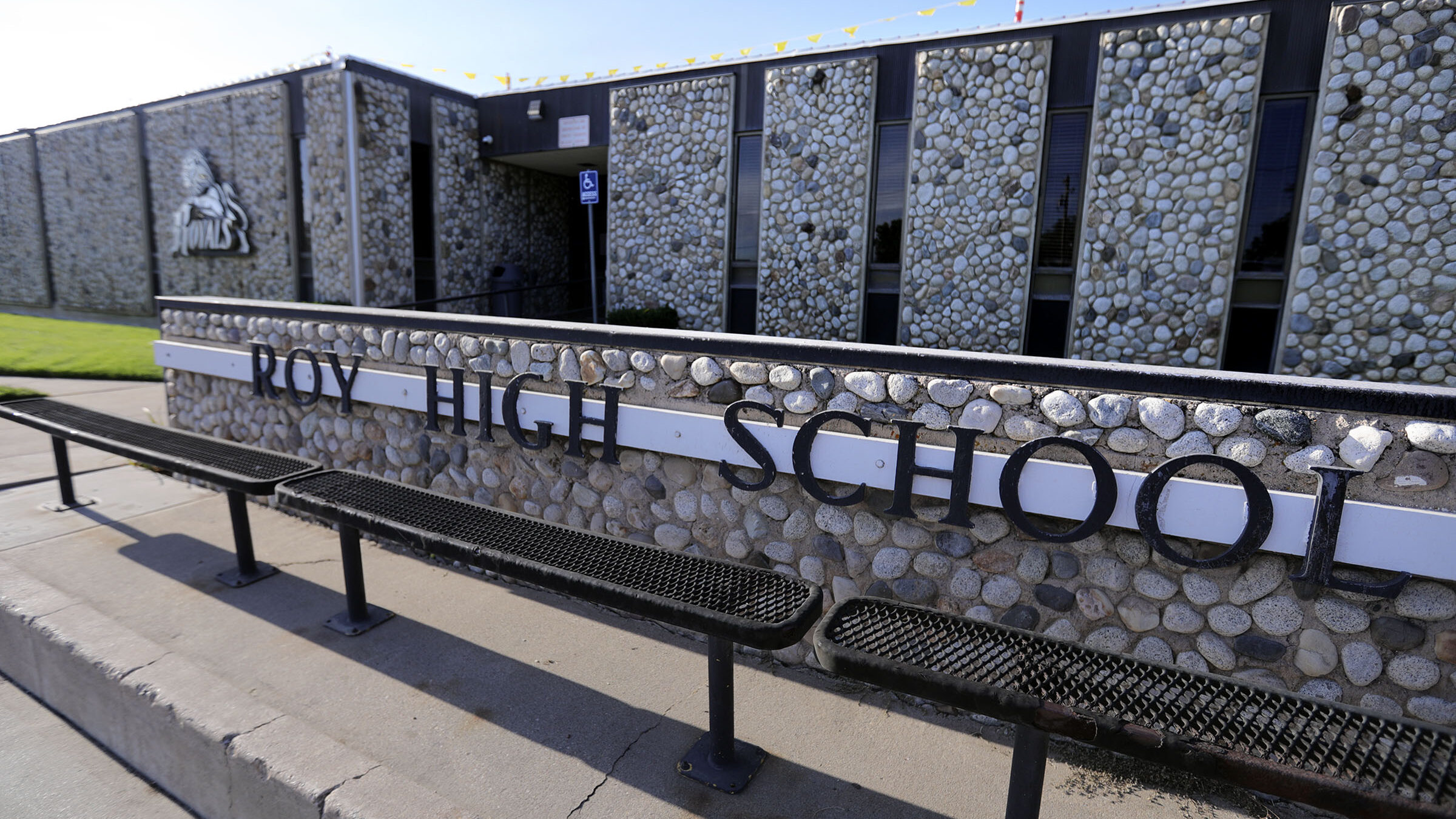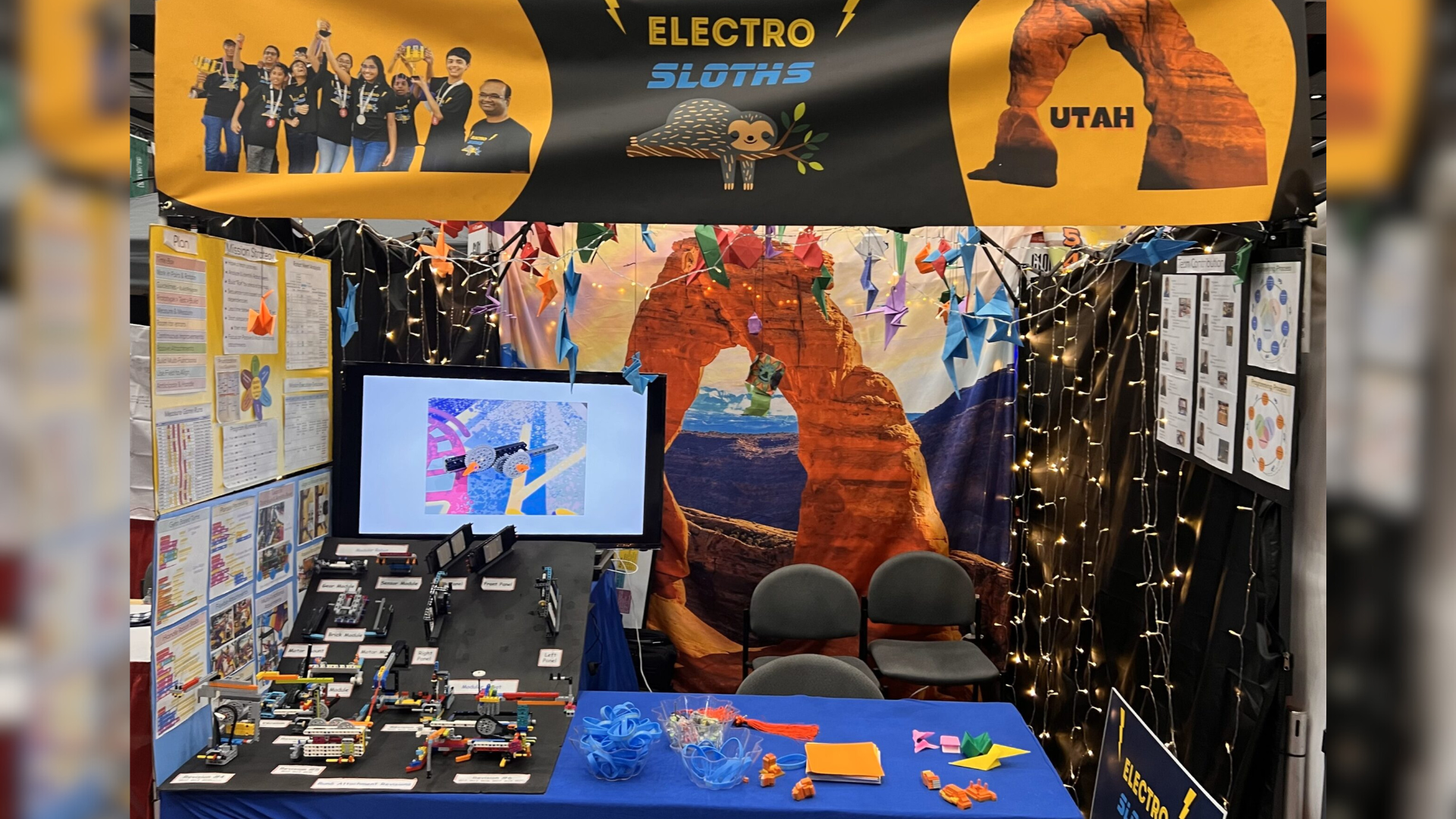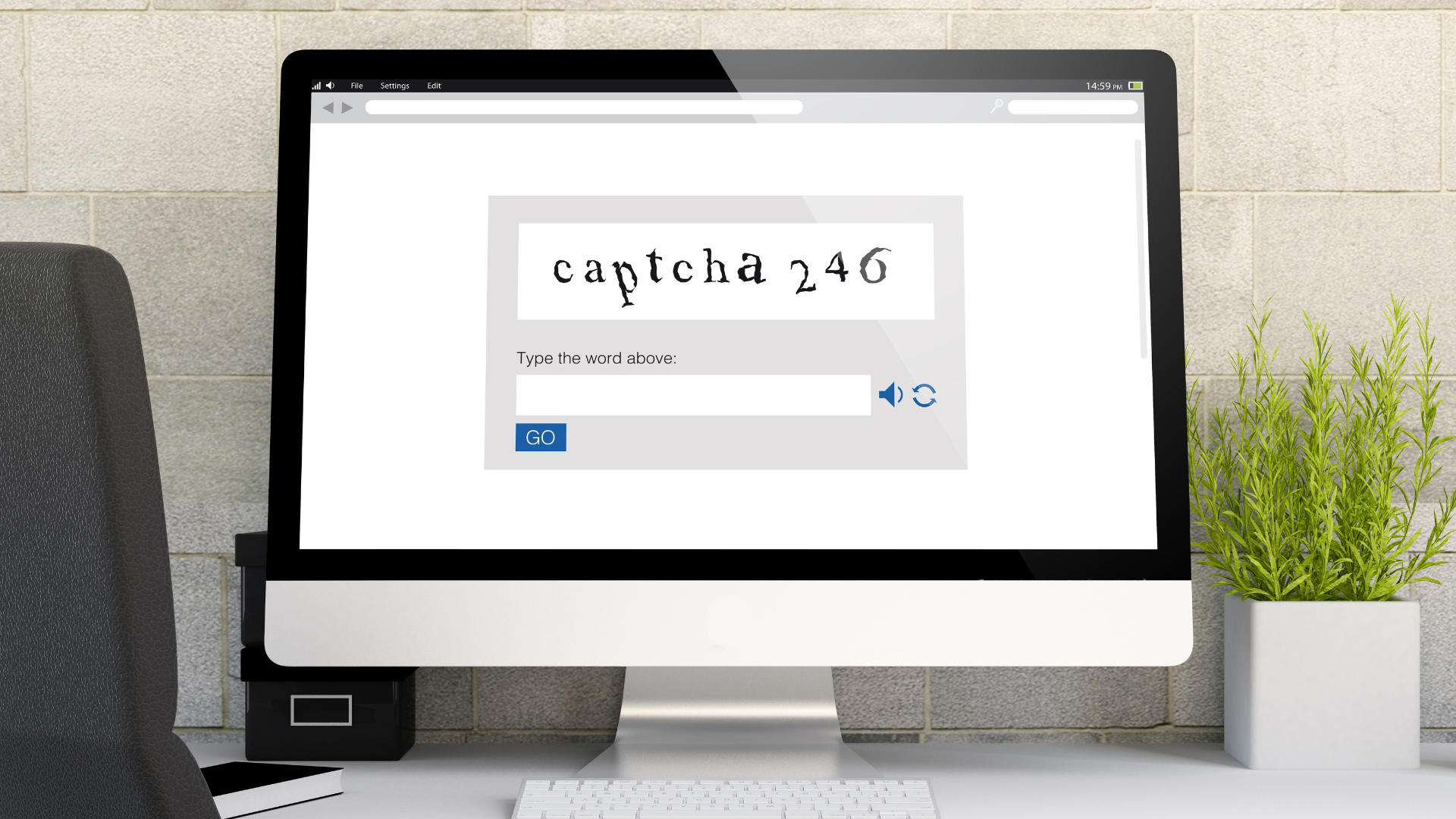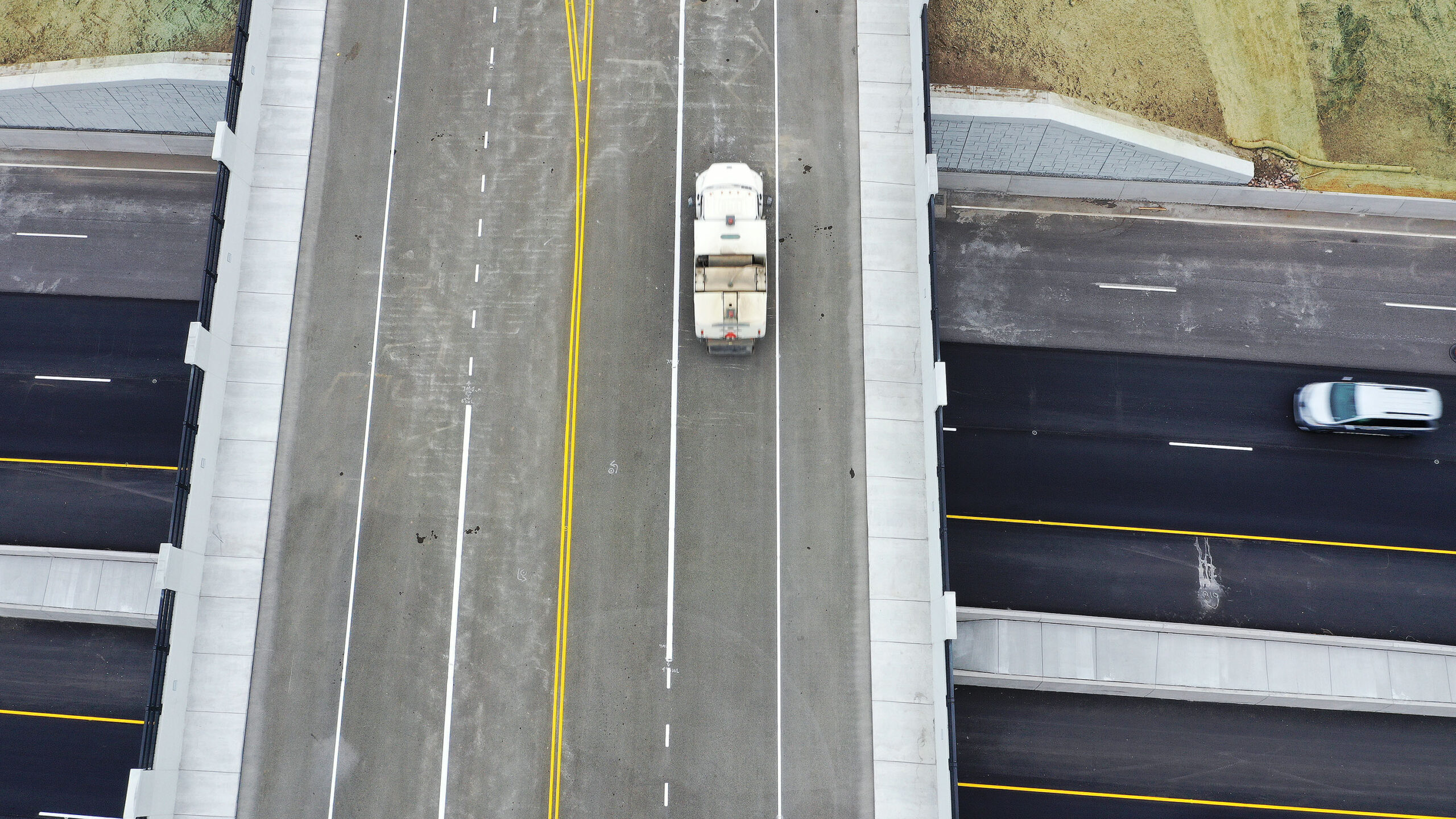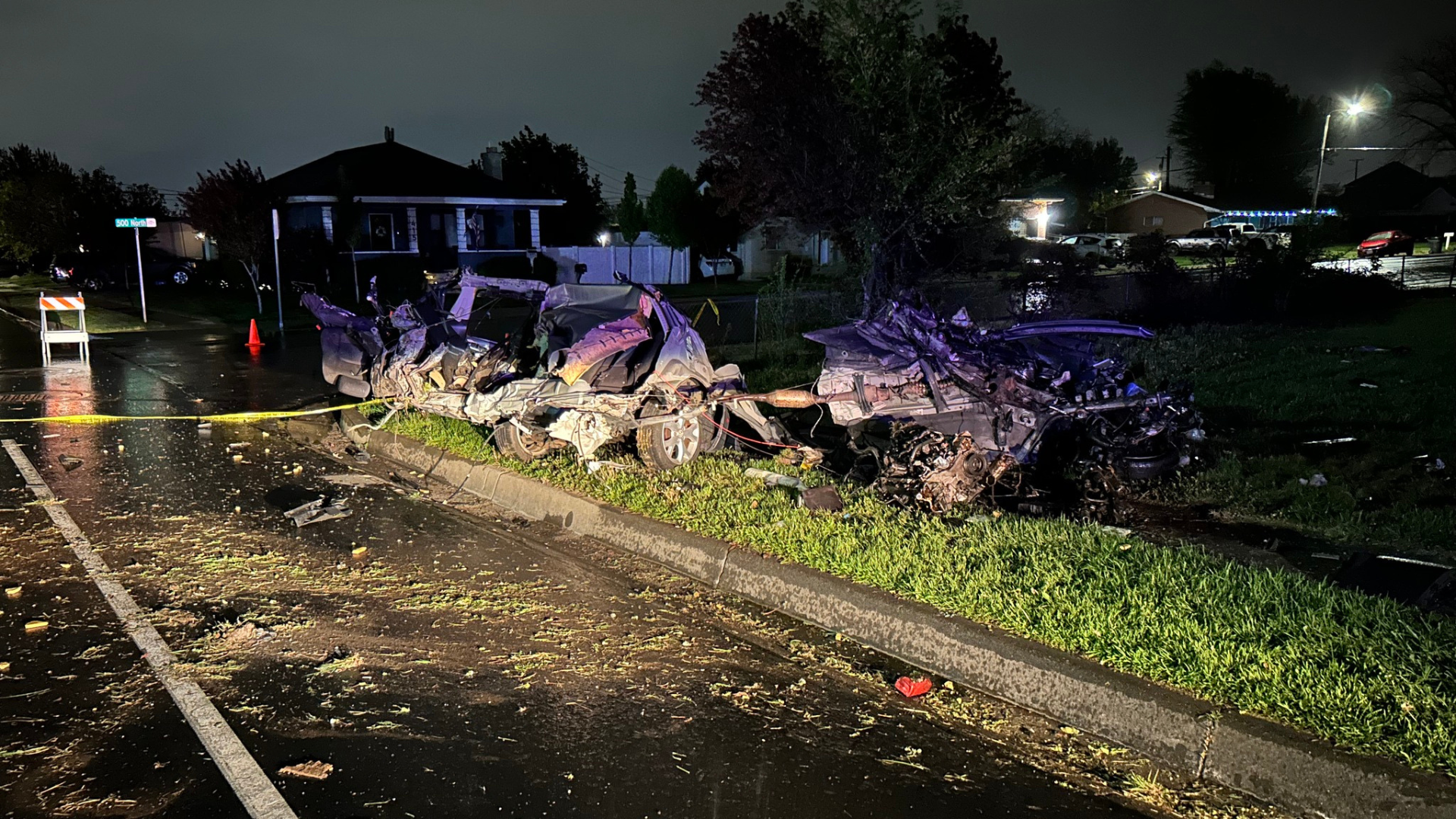Senator Lee proposes selling BLM land to ease housing shortage
Apr 8, 2022, 2:11 PM | Updated: 2:29 pm
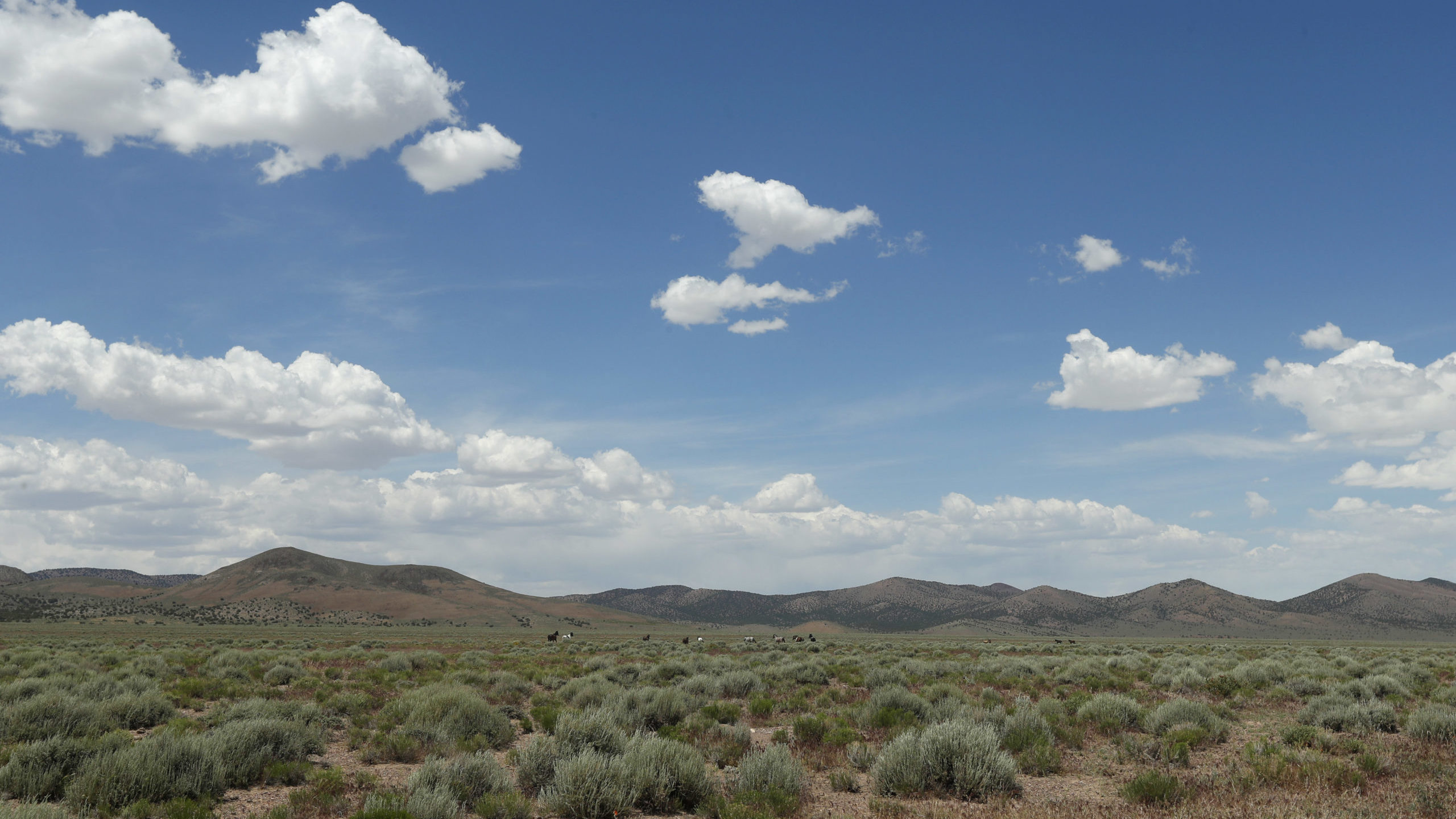
MILFORD, UT - MAY 31: Wild horses roam free on state and some private land, outside federal disengaged horse management areas on May 31, 2017 outside Milford, Utah. Photo credit: George Frey/Getty Images.
Utah Republican Senator Mike Lee believes the large amount of federally-owned land in Utah is one factor pushing up the price and constraining the availability of housing in Utah. He’s introduced a bill that would allow local governments to buy parcels from the Bureau of Land Management (BLM) for housing development.
Turning BLM land into housing
Under the bill he calls the HOUSES Act (an acronym for Helping Open Underutilized Space to Ensure Shelter), cities would nominate parcels of public land, just as oil companies do for drilling leases. The Interior Department would have to approve the sale, but then the land could be developed for housing.
The bill would require no more than 15% of the parcel to be available for commercial development.
And, Lee said, there’s no plan to sell off any federally protected land.
“Nothing in my proposal would contemplate doing anything different with regard to national parks, wilderness areas or anything of the sort,” Lee told KSL NewsRadio.
Land managed by the US Forest Service is not included in the proposal.
About two-thirds of the land in Utah is owned by the federal government. Rural communities in the state are typically closer to BLM land than urban communities on the Wasatch Front, but Lee said they could benefit as well.
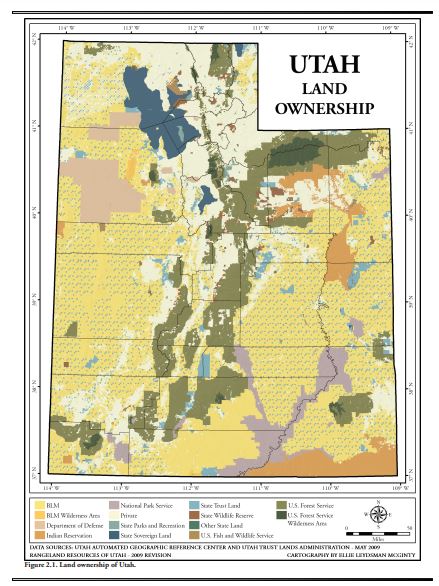
Figure showing land ownership in Utah, accessed at https://extension.usu.edu/rangelands/ou-files/RRU_Section_Two.pdf
“There’s not as much BLM land there as there is in and near St. George, but there is some, and there’s also some within commuting distance,” Lee said.
Opponents say BLM land isn’t the answer to Utah’s housing shortage
While the bill has won praise from Utah’s other Republican senator, Mitt Romney, the leader of the advocacy group o2Utah doesn’t think it’s the answer to Utah’s housing shortage. David Garbett also worked with the Pioneer Park Coalition and was a candidate for mayor of Salt Lake City.
“It feels like him trying to take something that is a legitimate problem and crisis, that’s our housing shortage, and use it as fodder for just advancing his anti-public lands position,” Garbett told KSL Newsradio.
Garbett said Lee could fix the problem today by arranging land swaps — trading federal land for state institutional trust lands. That wouldn’t need federal legislation, he said.


